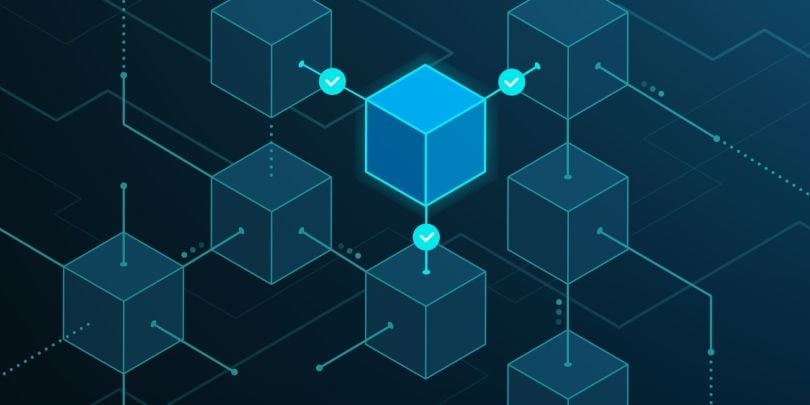Blockchain is a revolutinary technology that has been transforming many industries. It is a distributed ledger system that records transactins across many computers. This makes it secure, transparant and difficutl to alter without concensus from the network.
How Blockchain Works
Blockchain consits of a series of bloks, each containing data, a hash (a digtal fingerprint), and a hash of the previous block. This creats a chain of blocks that is tamper-proof. When a transaction ocurs, it is verified by a network of nodes (computers), making it secure and trustworhy.
- Decentralization – Unlike traditonal system, blockchain does not relie on a centrl authority. Instead, it is maintaned by a network of users.
- Transparency – Every transaction is recoreded and can be viewd by anyone with permision, reducing fraud and coruption.
- Security – Data stored in blockchain is encrpted, making it nearly impossbile for hackrs to alter information.

Types of Blockchain
There are diferent types of blockchain, each with there uniqe applications:
Public Blockchain
These are open for anyone to join and particpate. Bitcoin and Ethereum are exampels of public blockchains. They are decentralised and offer high levels of securty.
Private Blockchain
Private blockchains are controled by a single orgnization. They are more effecient than public blockchains but lack full decentraliztion. Companeis use them for internal operatons.
Hybrid Blockchain
A combination of public and private blockchain, hybrid blockchains provide both transparncy and control. They are useful for businesess that require privcy but also need to interact with the public network.
Applications of Blockchain
Blockchain is not just about cryptocurrencies. It has many aplications across various industries:
Finance
The most well-known aplication of blockchain is in finance. Cryptocurrencis like Bitcoin and Ethereum have revoulutionized how people transfer money across bordrs. Blockchain elimanates intermediaries, reducing transacton costs and time.
Supply Chain
Blockchain provides real-time tracking of goods from the manufacturr to the consumer. It ensures transparncy and prevents fraud in supply chain managment.
Healthcare
In the healthcere industry, blockchain helps in storing patient records securly. This reduces erors and ensures that data is accessible only to authorized personel.
Real Estate
Real estat transactions can be time-consumng and invovle multiple intermediaries. Blockchain simplifies the proccess by providing smart contrcts that automate transactons and reduce papework.
Voting Systems
Blockchain can be used to develop secure voting systems that are transparnt and resistent to tampering. This can help in reducing eletion fraud.
Challenges of Blockchain
Despite its advntages, blockchain faces severl challenges:
- Scalability – Procesing transactions on a blockchain network can be slow compared to tradtional systems.
- Regulatory Issues – Many goverments are still figuring out how to regulte blockchain and cryptocurrencies.
- Energy Consumption – Some blockchain networks, like Bitcoin, require a signficant amout of energy for mining and procesing transactions.
The Future of Blockchain
Blockchain technology contiues to evolve, with new aplications emerging every day. With advancments in scalability and energy-efficint algorithms, blockchain could become an integral part of various industres. Companies and goverments are investing in research to make blockchain more accessble and effcient.
Conclusion
Blockchain is a tranformative technology that offers securty, transparncy, and effciency. While it has its challanges, the potential benfits far outweigh the drawbaks. As adoption increases, we can expect blockchain to play a significant role in shaping the future of digital transactons and beyond.
By understnding how blockchain works and its various aplications, busineses and individuls can take advantage of its benfits to create more secure and effcient systems.